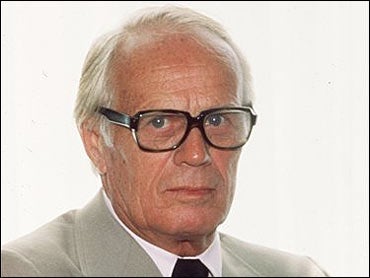In the annals of cinematic history, few figures have commanded the screen with such palpable fervor as Richard Widmark. His recent passing at the venerable age of 93 has left an indelible mark on the world of film—a poignant reminder of the fleeting nature of time and the extraordinary legacies it weaves. Widmark emerged not merely as an actor, but as a luminary who transcended the confines of celluloid, navigating the turbulent waters of Hollywood with a unique blend of charisma and tenacity.
Born in 1914 in the small town of Sunrise Township, Minnesota, Widmark’s journey to stardom was anything but conventional. He stepped onto the stage in a time when actors were often relegated to archetypal roles, yet he wielded his craft like a maestro conducting a symphony, imbuing each character with a sense of depth and complexity rarely seen. His breakthrough role in “Kiss of Death” (1947) was a revelatory moment, where he immortalized the character of Tommy Udo—a man so dangerously enchanting that audiences could not look away. Widmark’s portrayal was akin to a double-edged sword, both mesmerizing and chilling, showcasing a talent that would come to define a generation of film noir.
As the decades progressed, Widmark adeptly navigated various genres, from westerns to war movies, each transition reflecting a chameleon-like ability to adapt and resonate with audiences. Films like “Judgment at Nuremberg” and “The Alamo” showcased a depth of character that resonated with palpable authenticity. He was the everyman, yet also the incomparable anti-hero—a dichotomy that made him irresistible. His nuanced performances painted him not merely as a figure on screen, but as a cultural touchstone, capturing the zeitgeist of American aspirations and anxieties.
However, it was not merely his on-screen prowess that set Widmark apart. Beyond the glitz and glamour, he embodied a sincere humility, often eschewing Hollywood’s superficiality in favor of substantive storytelling. Widmark was an advocate for social issues, intertwining his art with activism and engaging with causes that transcended the flickering images of the silver screen. His legacy, thus, is not just one of entertainment but of enlightenment, urging viewers to question, reflect, and engage.
In the wake of his passing, the shadows of his extraordinary life beckon us to reflect on the nature of nostalgia and memory. Richard Widmark was not merely an actor; he was a vessel through which stories of human experience were narrated—a life unapologetically lived and artfully expressed. His departure from this world is akin to the dimming of a stage light, yet his performances continue to echo through time, forever reminding us that true artistry transcends mortality, etching itself into the fabric of our collective consciousness.
